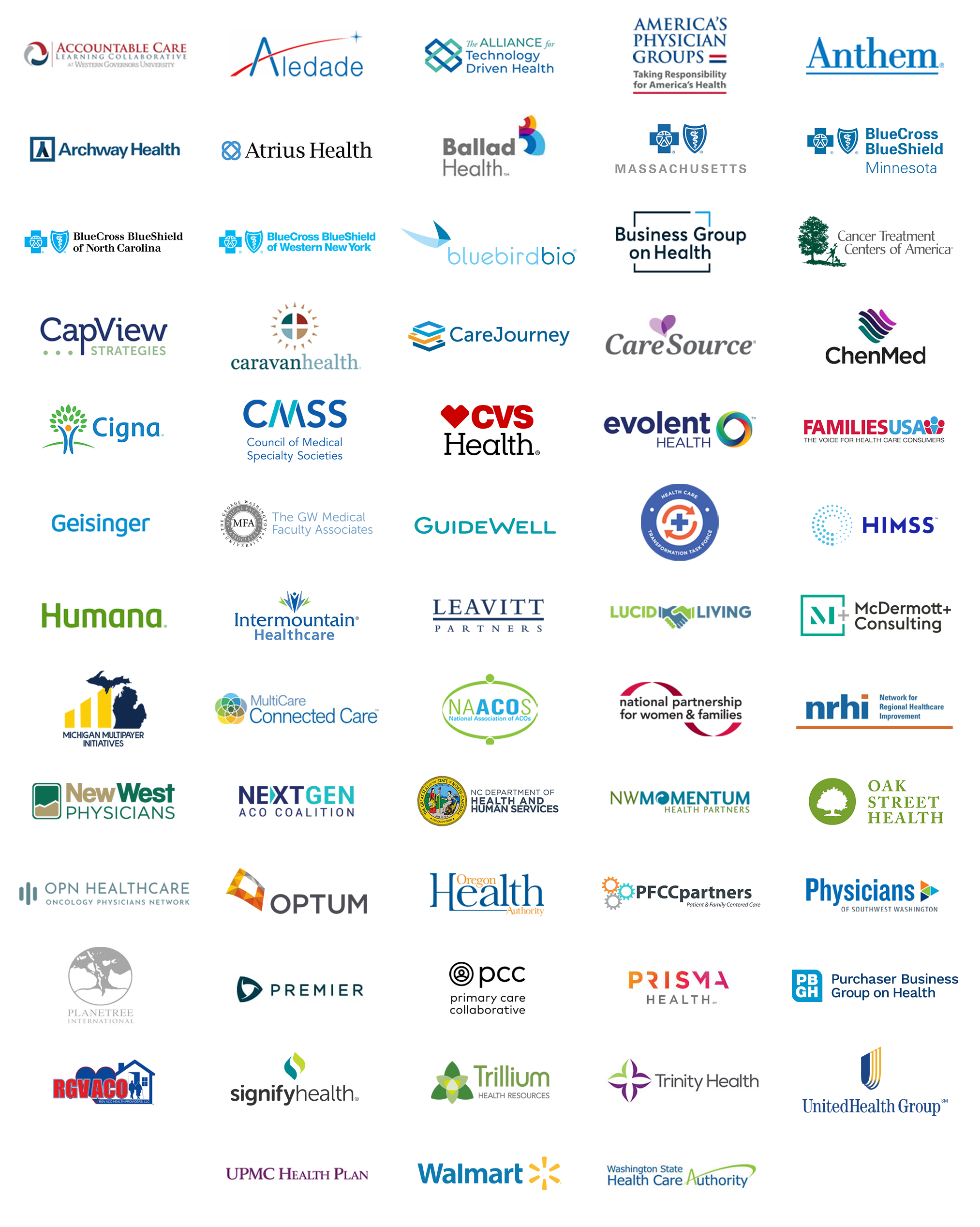Increasing Purchasing Power in Washington State
- June 21, 2016
- Posted by: Health Care Payment Learning & Action Network
- Category: Blog

This is a critical, formative time for health care in our nation as the market actively shifts toward true value-based purchasing. Like Medicare, Washington state is taking a lead role in moving the Washington state health care market to value to achieve better health, better care, and lower costs. As the largest health care purchaser in the state—purchasing care for 1 in 3 non-Medicare residents through our public employees and Medicaid programs—the Health Care Authority (HCA) is changing our own purchasing strategies, setting clinical standards, and building community-based health supports for the entire state.
A “First Mover” in Alternative Payment Strategies
The HCA’s budget for health care purchasing is $10 billion annually, to ensure access to high quality care for more than 2.2 million Washington residents. We take our leadership role as “first mover” in moving the market to value-based purchasing seriously.
By 2019, we have committed to:
- Moving 80% of state-financed health care spending to value-based arrangements, defined by Categories 2C through 4B in the LAN Alternative Payment Model Framework.
- Creating marketplace momentum and convening through our purchasing and partnerships, driving 50% of commercial health care to embrace value-based arrangements.
- Managing Washington’s annual health care cost growth to 2% less than the national health expenditure trend.
As a SIM state, we are investing federal funding in key infrastructure to support our purchasing efforts as well as health care transformation statewide.
Reaching New Milestones in 2016
We kicked off 2016 with a major milestone for our public employees: More than 10,000 public employees and their families enrolled in one of our two new accountable care networks (ACNs). Puget Sound High Value Network (a group of medical organizations collectively committed to serving patients through a coordinated care network) and University of Washington’s Medicine Accountable Care Network now serve public employees in the five-county Puget Sound region.
Via direct contracts with the HCA, these ACNs have agreed to assume clinical, financial (including pharmacy), and patient experience responsibility for defined populations of public employees. Reimbursement is based on performance across financial guarantees and quality measures taken from the Washington Statewide Common Measure set.
Looking Ahead to Next Year and Beyond
In order to spread and scale accountable care strategies, we are actively planning to expand this ACN model to additional counties in 2017 so that a greater number of public employees and their families have access to value-based options. In addition, the value-based Group Health Cooperative products are also available statewide for our Public Employees Benefits Board (PEBB) program members. At the same time we are encouraging public and private purchasers to implement the same model into their purchasing and have posted public versions of the ACN contracts on our website to facilitate adoption (https://www.hca.wa.gov/hw/Pages/acp_multipurchaser.aspx)
Lessons Learned from our Efforts
Even though we do not have any early findings to report, we have learned many lessons since we embarked on our ACN strategy in September 2014. Delivery systems are working hard to invest in the right infrastructure to support risk-based contracts. Without timely clinical and financial data, health system transformation will not be achieved.
We’re also reforming our Medicaid purchasing. We’ve already made significant strides to integrate the financing and clinical care for physical and behavioral health in two counties, and full integration will spread to additional regions in early 2018. Starting in January 2017, Medicaid Managed Care Organizations and contracted providers will be expected to share financial risk for their collective performance in achieving a greater percentage of value-based payments tied to specific quality performance. As with our ACN contracts, our Medicaid quality performance measures are based on the Washington Statewide Common Measure Set.
At the same time, we’ve developed a care transformation strategy across all programs that is built on evidence-based approaches to treatment (see the Bree Collaborative). For example, we are designating Centers of Excellence for high-cost care, starting with knee and hip replacements for public employees in 2017. We believe this approach will decrease inappropriate care and costs, and increase health outcomes, maximizing transformation.
Leveraging Purchasing Power at the State and National Level
Half of Washington’s insured population is covered by Medicare or Medicaid, so we are working hard to send common signals and align our purchasing efforts to what’s happening nationally. We are actively participating in national efforts such as the LAN and monitoring MACRA and other system-wide reforms, and are looking forward to testing LAN products in pursuit of the Triple Aim.
We are all in on paying for value. I travel around the state talking with purchasers, payers and providers, and while there is tremendous uncertainty during this period of change, the state and health system leaders are committed to the transformation of our health system to achieve the Triple Aim of better health, better care, and lower costs.
From Washington state to Washington DC, we challenge other purchasers, small or large, public and private, to leverage their purchasing power, our ACN contracts, and our learning to follow our lead to value-based care and health care and system transformation.
Please note that guest blogs from Guiding Committee and Work Group members represent the views of the individual authors and do not represent official positions of the Guiding Committee, Work Groups, CAMH, or CMS.

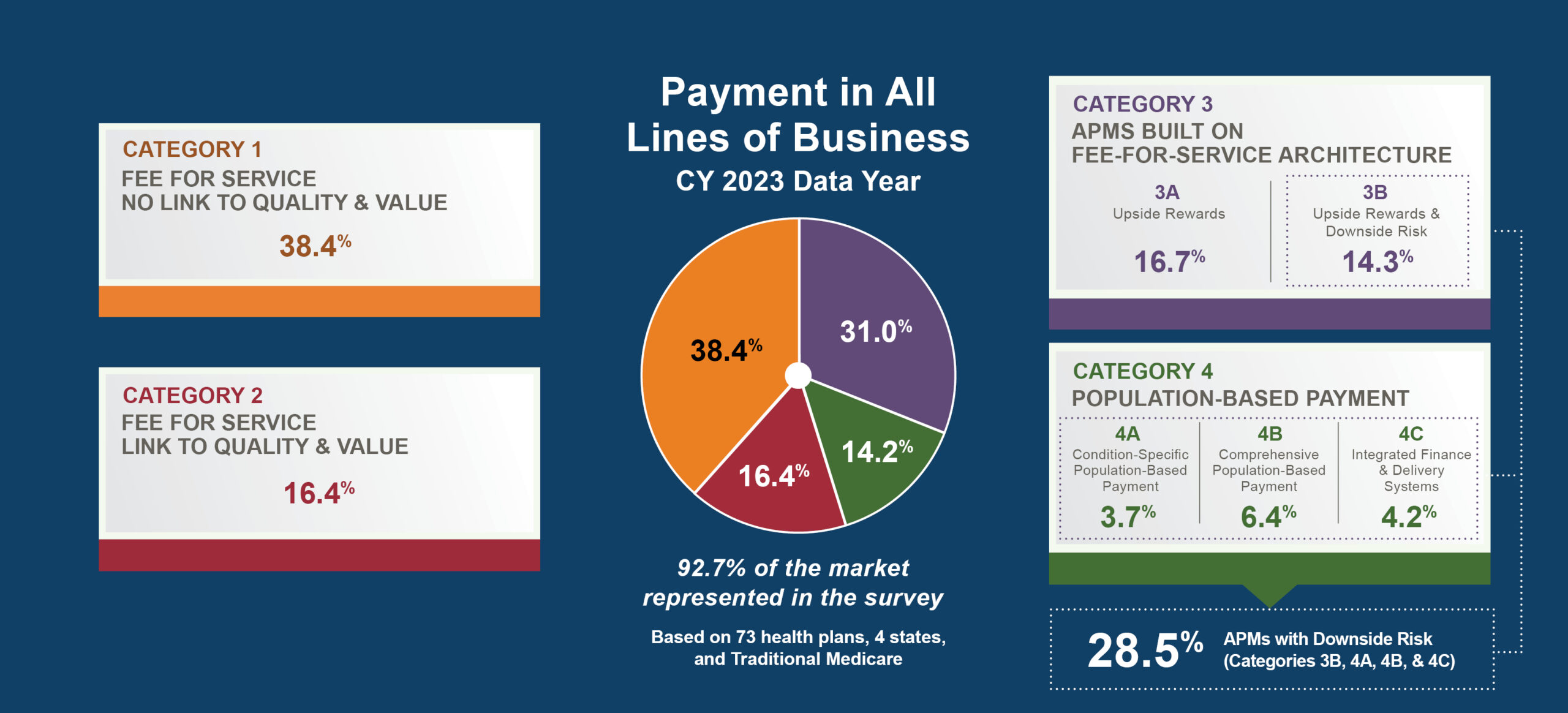

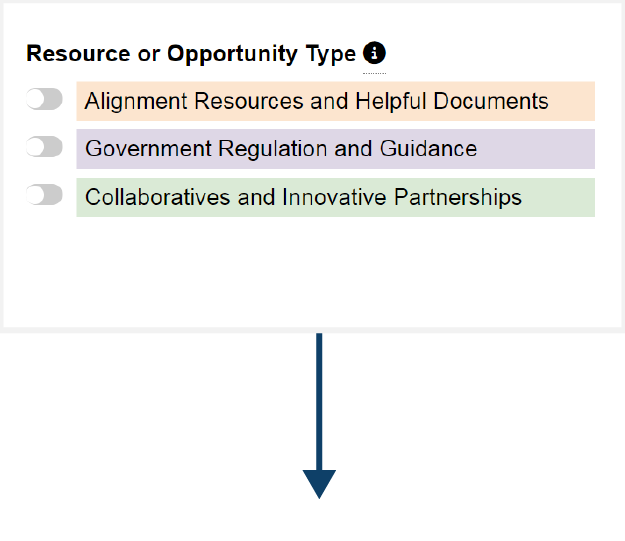
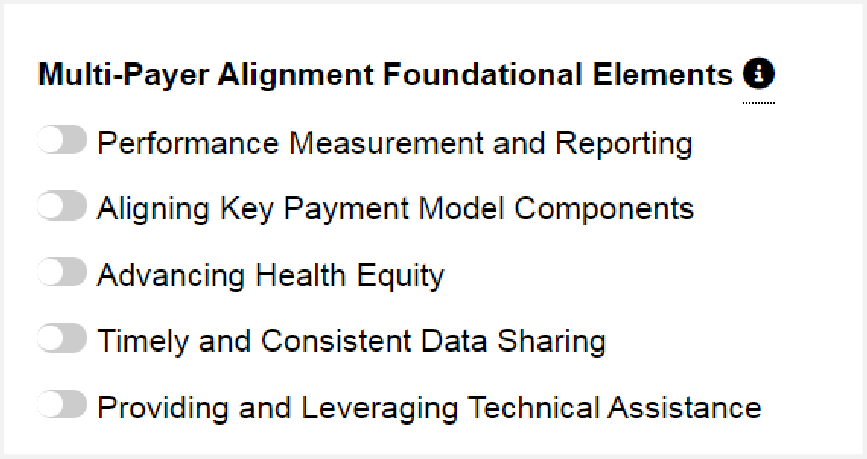
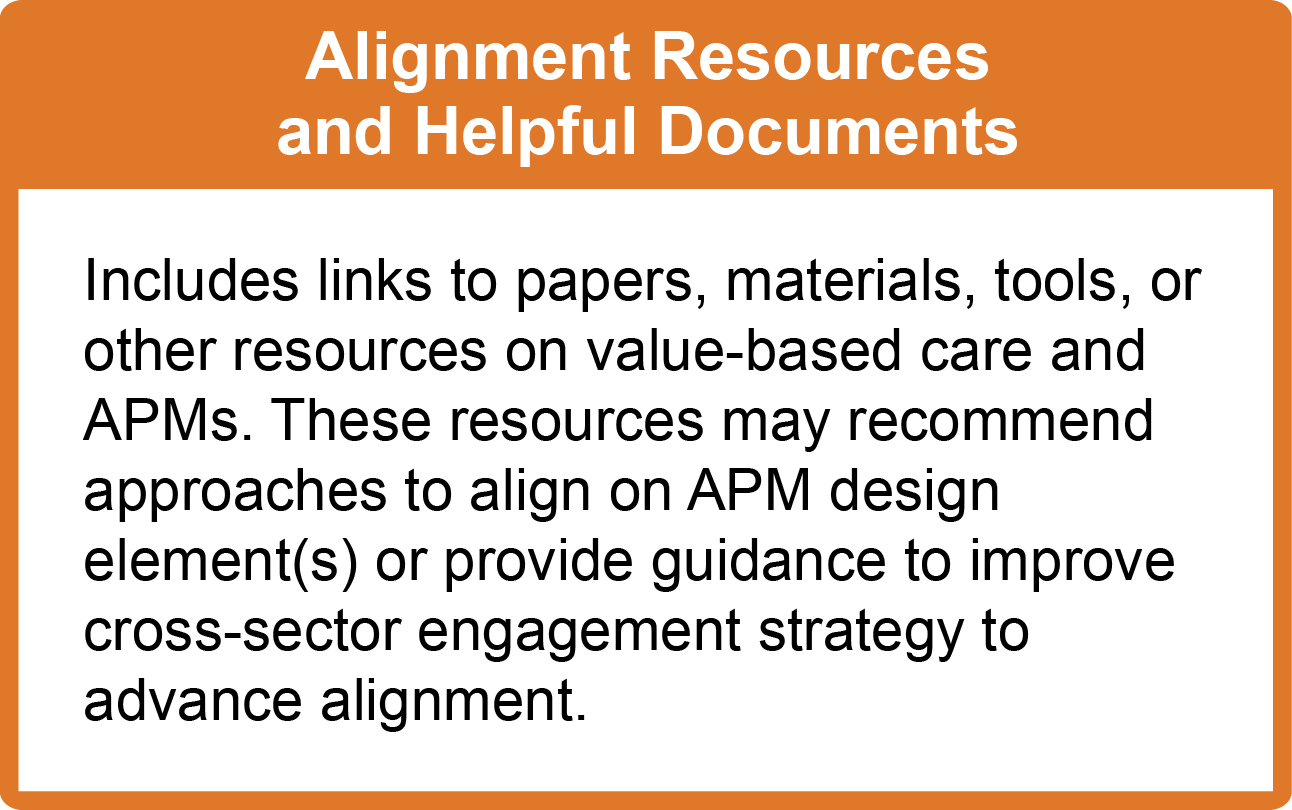
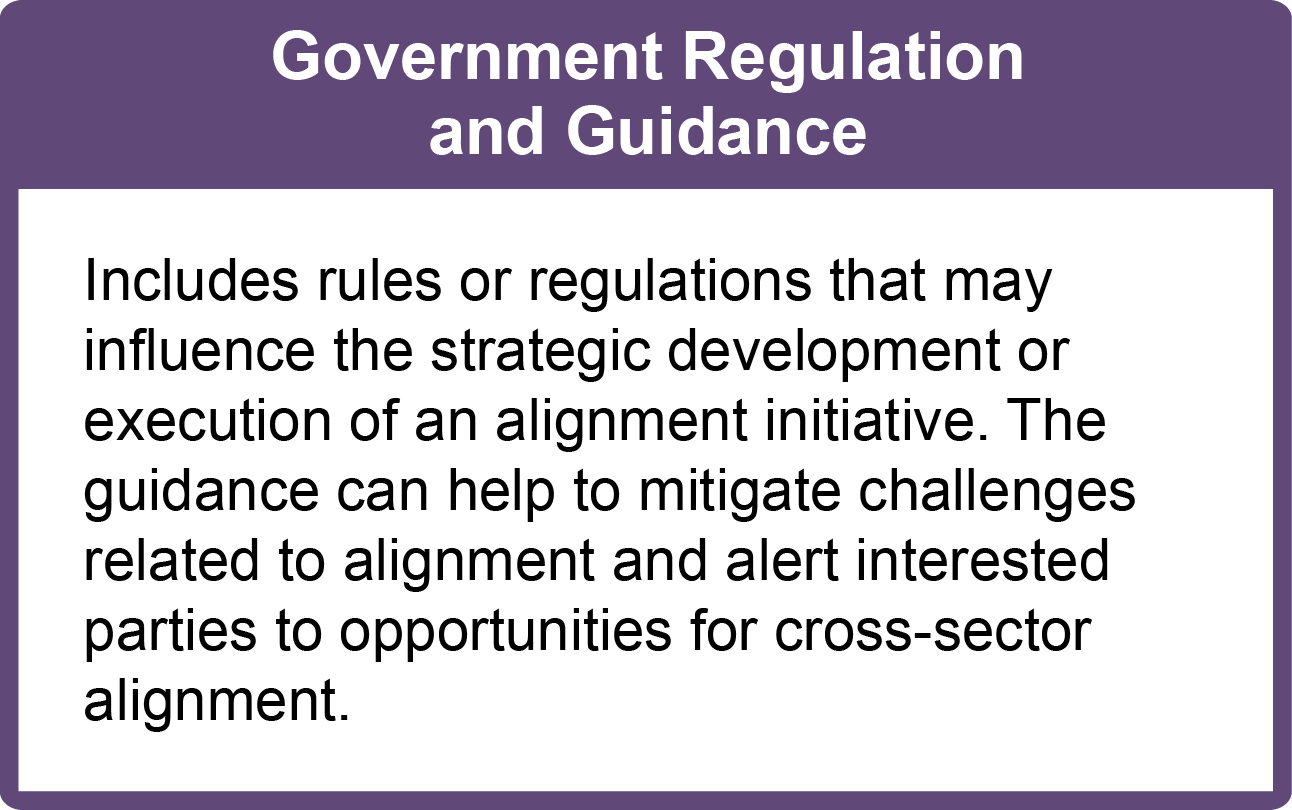
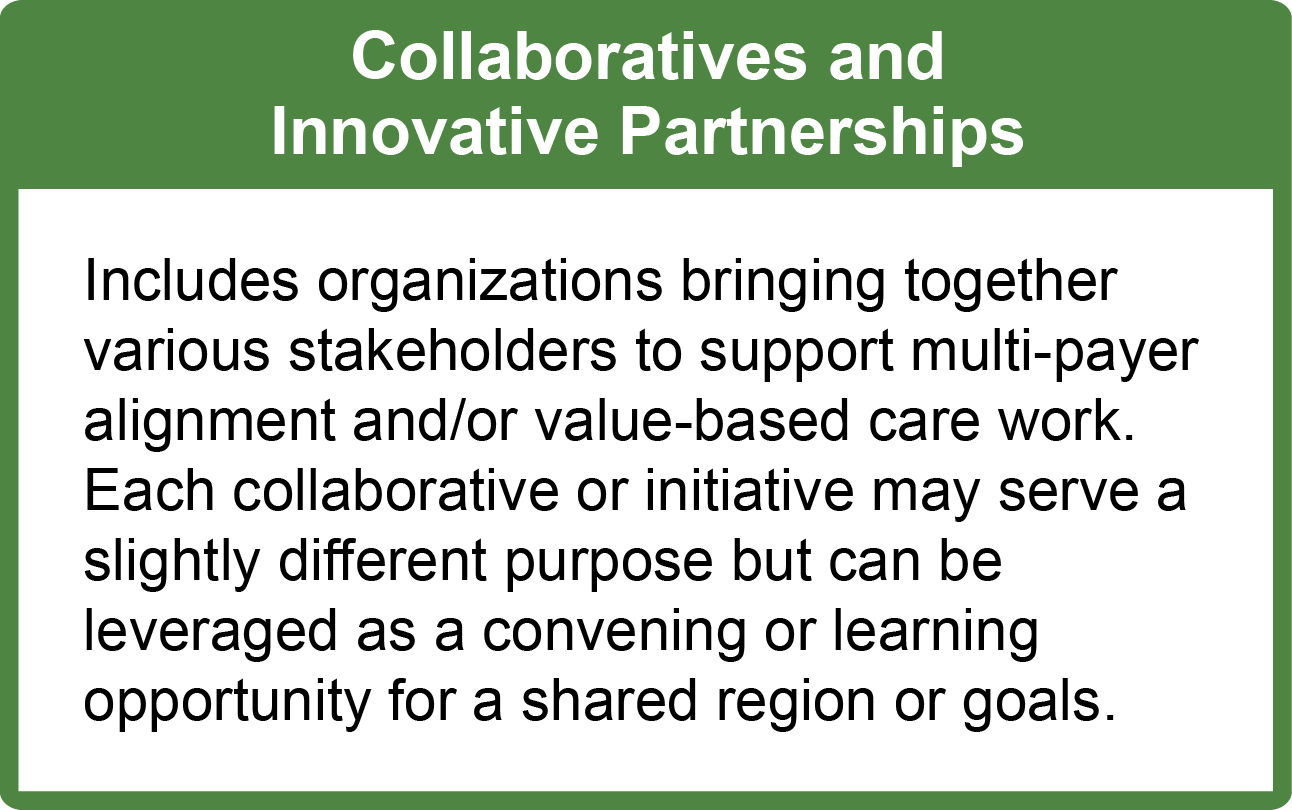

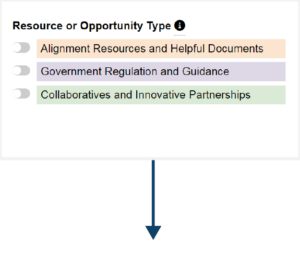
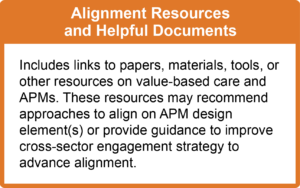

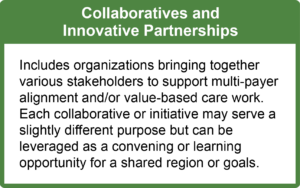
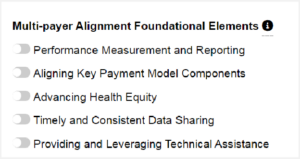
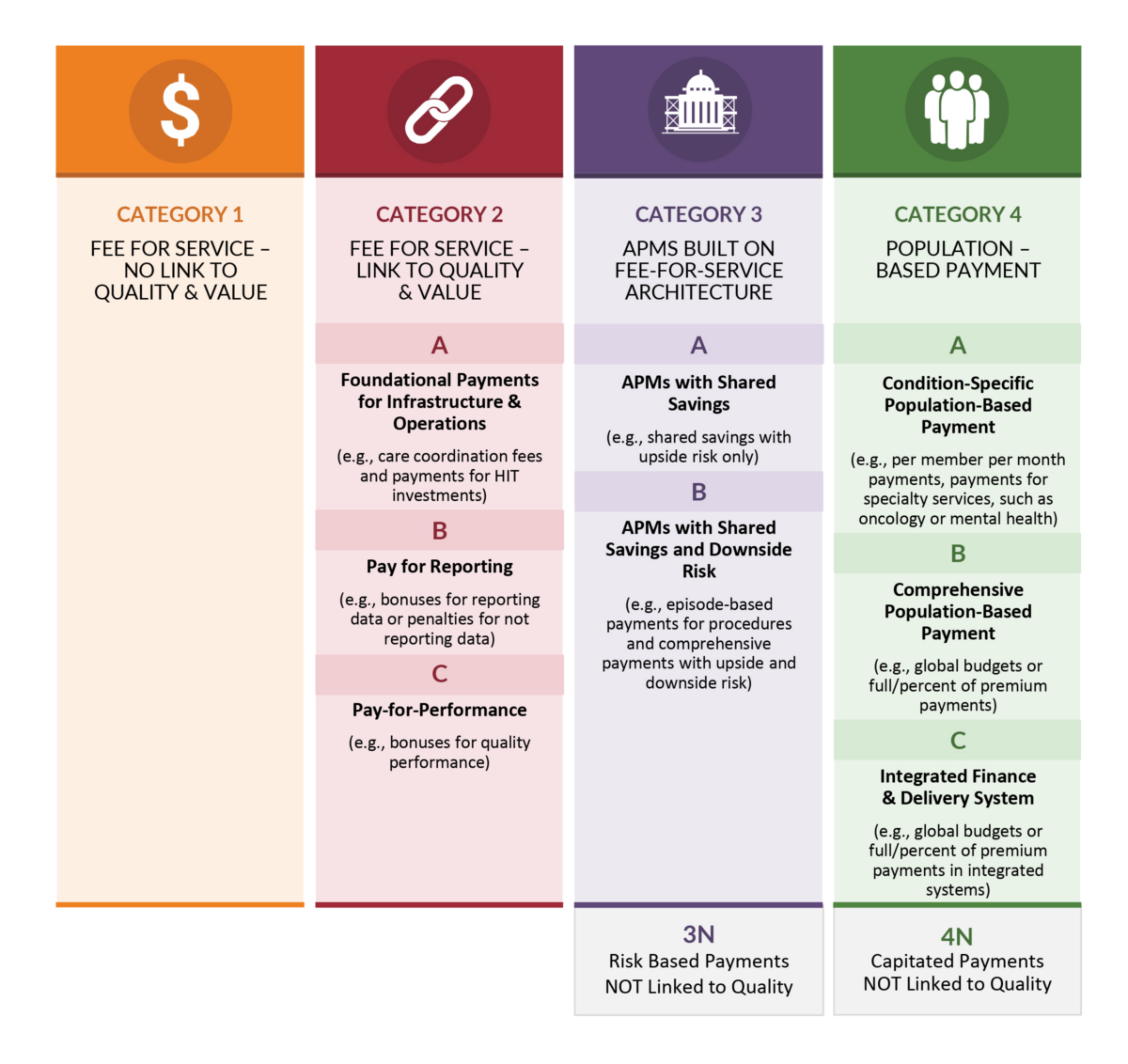
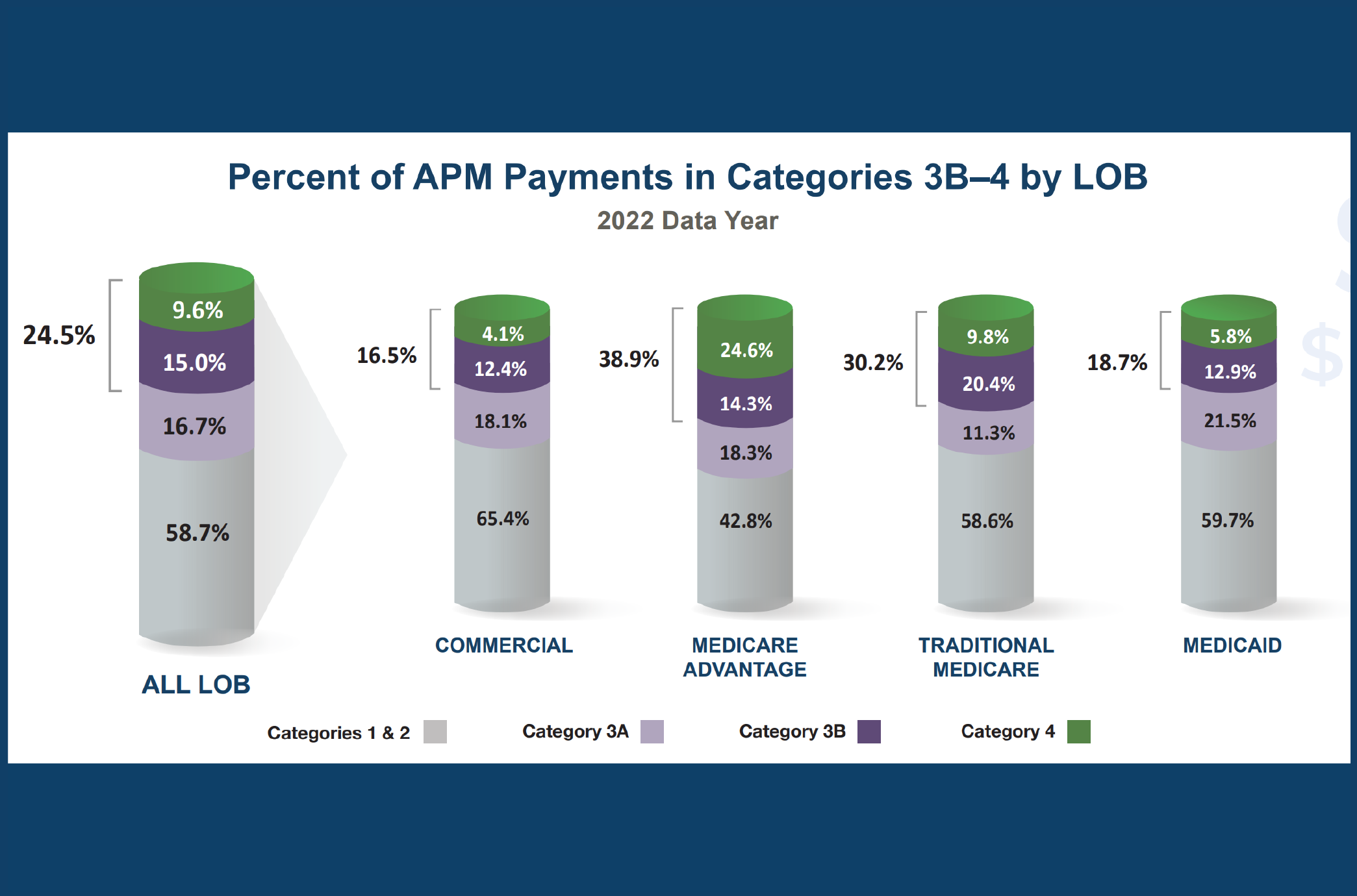
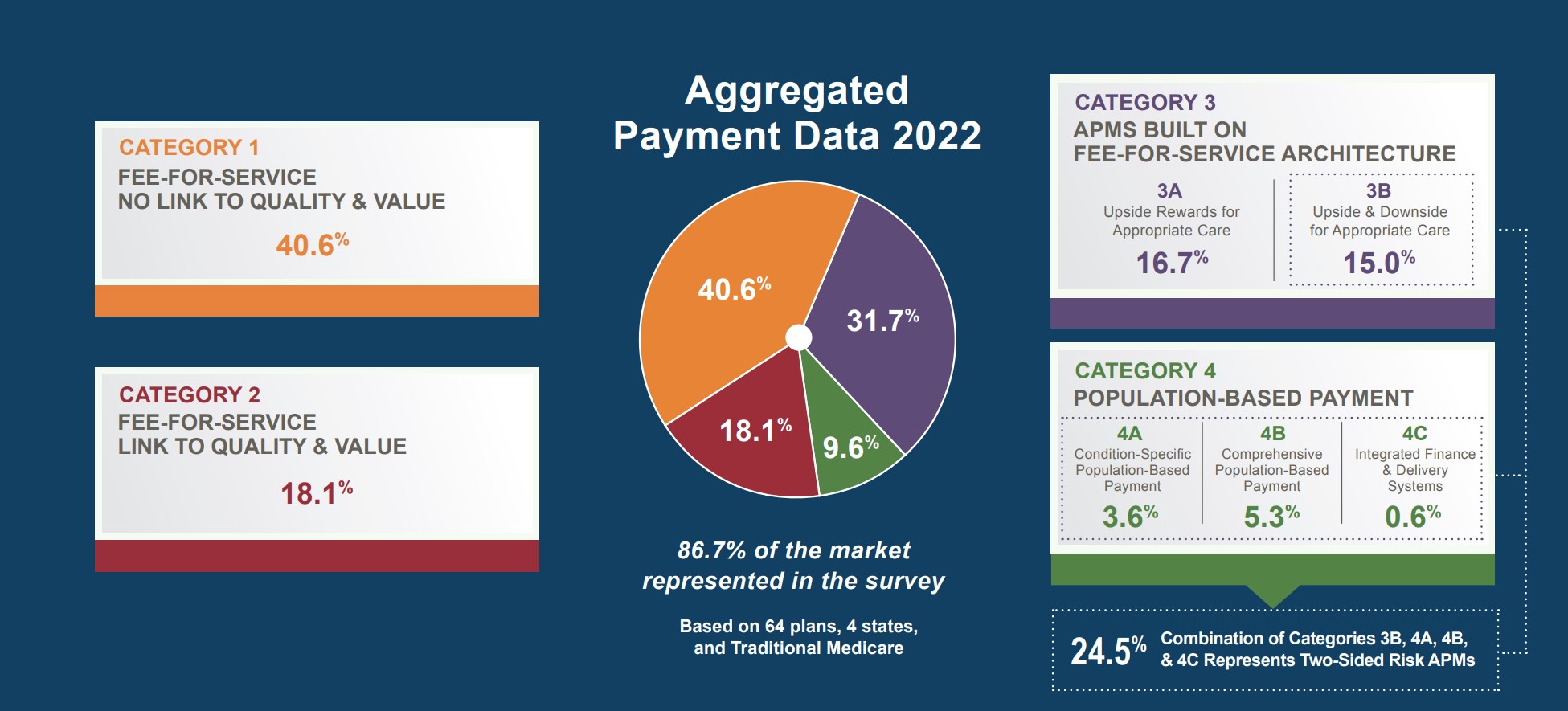

 Emily DuHamel Brower, M.B.A., is senior vice president of clinical integration and physician services for Trinity Health. Emphasizing clinical integration and payment model transformation, Ms. Brower provides strategic direction related to the evolving accountable healthcare environment with strong results. Her team is currently accountable for $10.4B of medical expense for 1.6M lives in Medicare Accountable Care Organizations (ACOs), Medicare Advantage, and Medicaid and Commercial Alternative Payment Models.
Emily DuHamel Brower, M.B.A., is senior vice president of clinical integration and physician services for Trinity Health. Emphasizing clinical integration and payment model transformation, Ms. Brower provides strategic direction related to the evolving accountable healthcare environment with strong results. Her team is currently accountable for $10.4B of medical expense for 1.6M lives in Medicare Accountable Care Organizations (ACOs), Medicare Advantage, and Medicaid and Commercial Alternative Payment Models. Mr. James Sinkoff is the Deputy Executive Officer and Chief Financial Officer for Sun River Health (formerly known as Hudson River HealthCare), and the Chief Executive Officer of Solutions 4 Community Health (S4CH); an MSO serving FQHCs and private physician practices.
Mr. James Sinkoff is the Deputy Executive Officer and Chief Financial Officer for Sun River Health (formerly known as Hudson River HealthCare), and the Chief Executive Officer of Solutions 4 Community Health (S4CH); an MSO serving FQHCs and private physician practices. Victor is the Chief Medical Officer for TennCare, Tennessee’s Medicaid Agency. At TennCare, Victor leads the medical office to ensure quality and effective delivery of medical, pharmacy, and dental services to its members. He also leads TennCare’s opioid epidemic strategy, social determinants of health, and practice transformation initiatives across the agency. Prior to joining TennCare, Victor worked at Evolent Health supporting value-based population health care delivery. In 2013, Victor served as a White House Fellow to the Secretary of Health and Human Services. Victor completed his Internal Medicine Residency at Emory University still practices clinically as an internist in the Veteran’s Affairs Health System.
Victor is the Chief Medical Officer for TennCare, Tennessee’s Medicaid Agency. At TennCare, Victor leads the medical office to ensure quality and effective delivery of medical, pharmacy, and dental services to its members. He also leads TennCare’s opioid epidemic strategy, social determinants of health, and practice transformation initiatives across the agency. Prior to joining TennCare, Victor worked at Evolent Health supporting value-based population health care delivery. In 2013, Victor served as a White House Fellow to the Secretary of Health and Human Services. Victor completed his Internal Medicine Residency at Emory University still practices clinically as an internist in the Veteran’s Affairs Health System. Dr. Brandon G. Wilson, DrPH, MHA (he, him, his) joined Community Catalyst as the Director of the Center for Consumer Engagement in Health Innovation, where he leads the Center in bringing the community’s experience to the forefront of health systems transformation and health reform efforts, in order to deliver better care, better value and better health for every community, particularly vulnerable and historically underserved populations. The Center works directly with community advocates around the country to increase the skills and power they have to establish an effective voice at all levels of the health care system. The Center collaborates with innovative health plans, hospitals and providers to incorporate communities and their lived experience into the design of systems of care. The Center also works with state and federal policymakers to spur change that makes the health system more responsive to communities. And it provides consulting services to health plans, provider groups and other health care organizations to help them create meaningful structures for engagement with their communities.
Dr. Brandon G. Wilson, DrPH, MHA (he, him, his) joined Community Catalyst as the Director of the Center for Consumer Engagement in Health Innovation, where he leads the Center in bringing the community’s experience to the forefront of health systems transformation and health reform efforts, in order to deliver better care, better value and better health for every community, particularly vulnerable and historically underserved populations. The Center works directly with community advocates around the country to increase the skills and power they have to establish an effective voice at all levels of the health care system. The Center collaborates with innovative health plans, hospitals and providers to incorporate communities and their lived experience into the design of systems of care. The Center also works with state and federal policymakers to spur change that makes the health system more responsive to communities. And it provides consulting services to health plans, provider groups and other health care organizations to help them create meaningful structures for engagement with their communities. Tamara Ward is the SVP of Insurance Business Operations at Oscar Health, where she leads the National Network Contracting Strategy and Market Expansion & Readiness. Prior to Oscar she served as VP of Managed Care & Network Operations at TriHealth in Southwest Ohio. With over 15 years of progressive health care experience, she has been instrumental driving collaborative payer provider strategies, improving insurance operations, and building high value networks through her various roles with UHC and other large provider health systems. Her breadth and depth of experience and interest-based approach has allowed her to have success solving some of the most complex issues our industry faces today. Tam is passionate about driving change for marginalized communities, developing Oscar’s Culturally Competent Care Program- reducing healthcare disparities and improving access for the underserved population. Tamara holds a B.A. from the University of Cincinnati’s and M.B.A from Miami University.
Tamara Ward is the SVP of Insurance Business Operations at Oscar Health, where she leads the National Network Contracting Strategy and Market Expansion & Readiness. Prior to Oscar she served as VP of Managed Care & Network Operations at TriHealth in Southwest Ohio. With over 15 years of progressive health care experience, she has been instrumental driving collaborative payer provider strategies, improving insurance operations, and building high value networks through her various roles with UHC and other large provider health systems. Her breadth and depth of experience and interest-based approach has allowed her to have success solving some of the most complex issues our industry faces today. Tam is passionate about driving change for marginalized communities, developing Oscar’s Culturally Competent Care Program- reducing healthcare disparities and improving access for the underserved population. Tamara holds a B.A. from the University of Cincinnati’s and M.B.A from Miami University.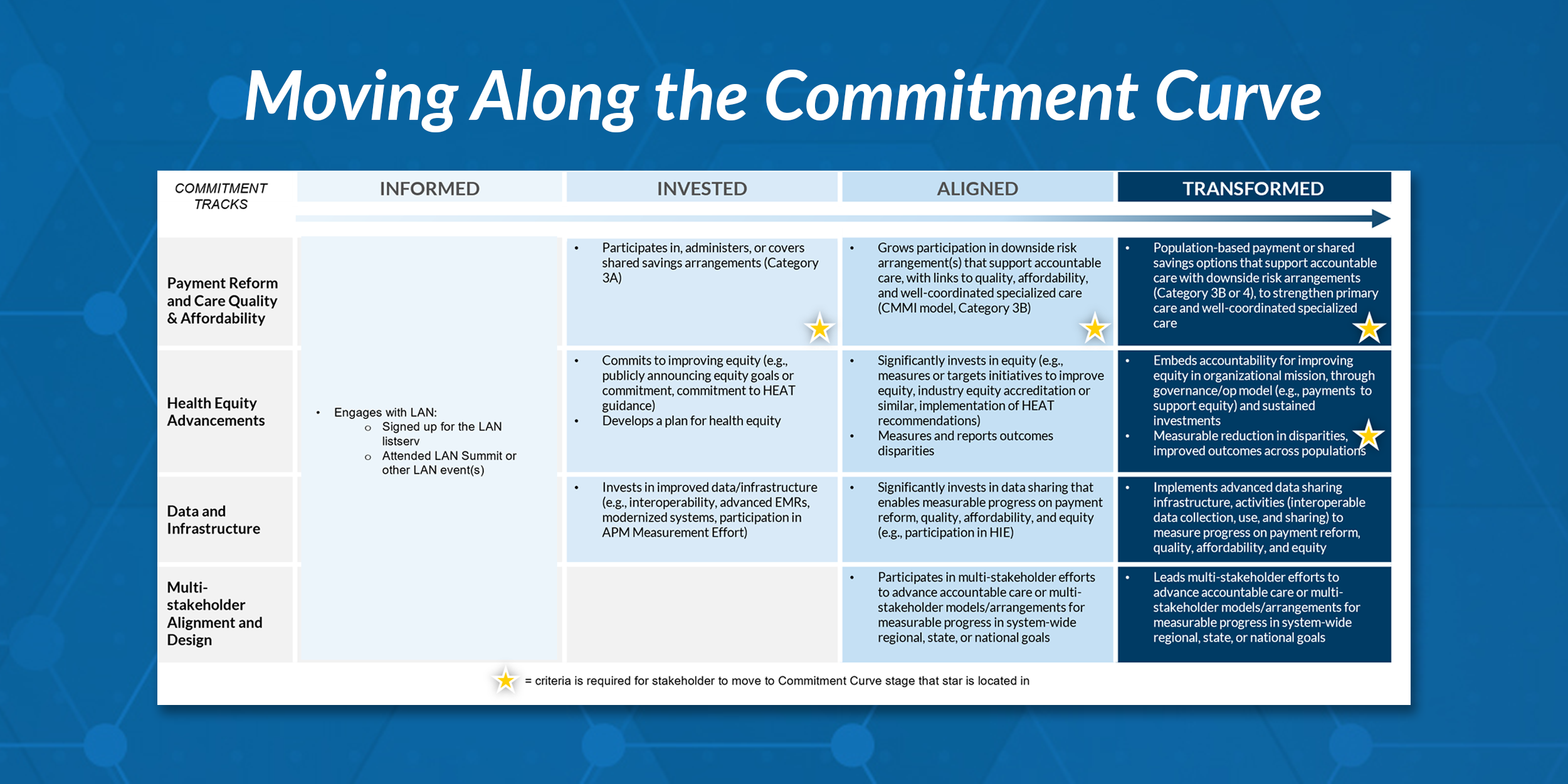
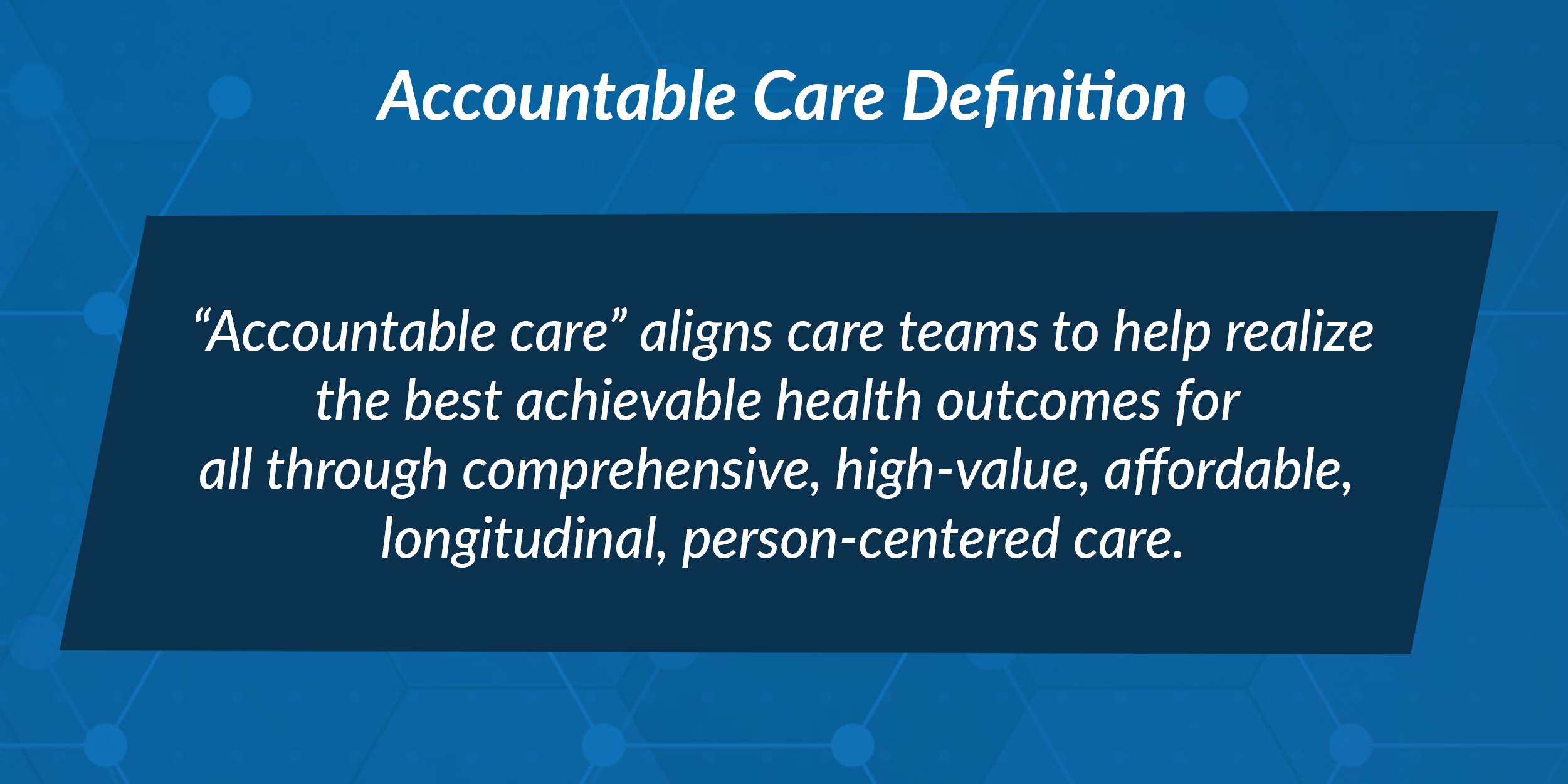
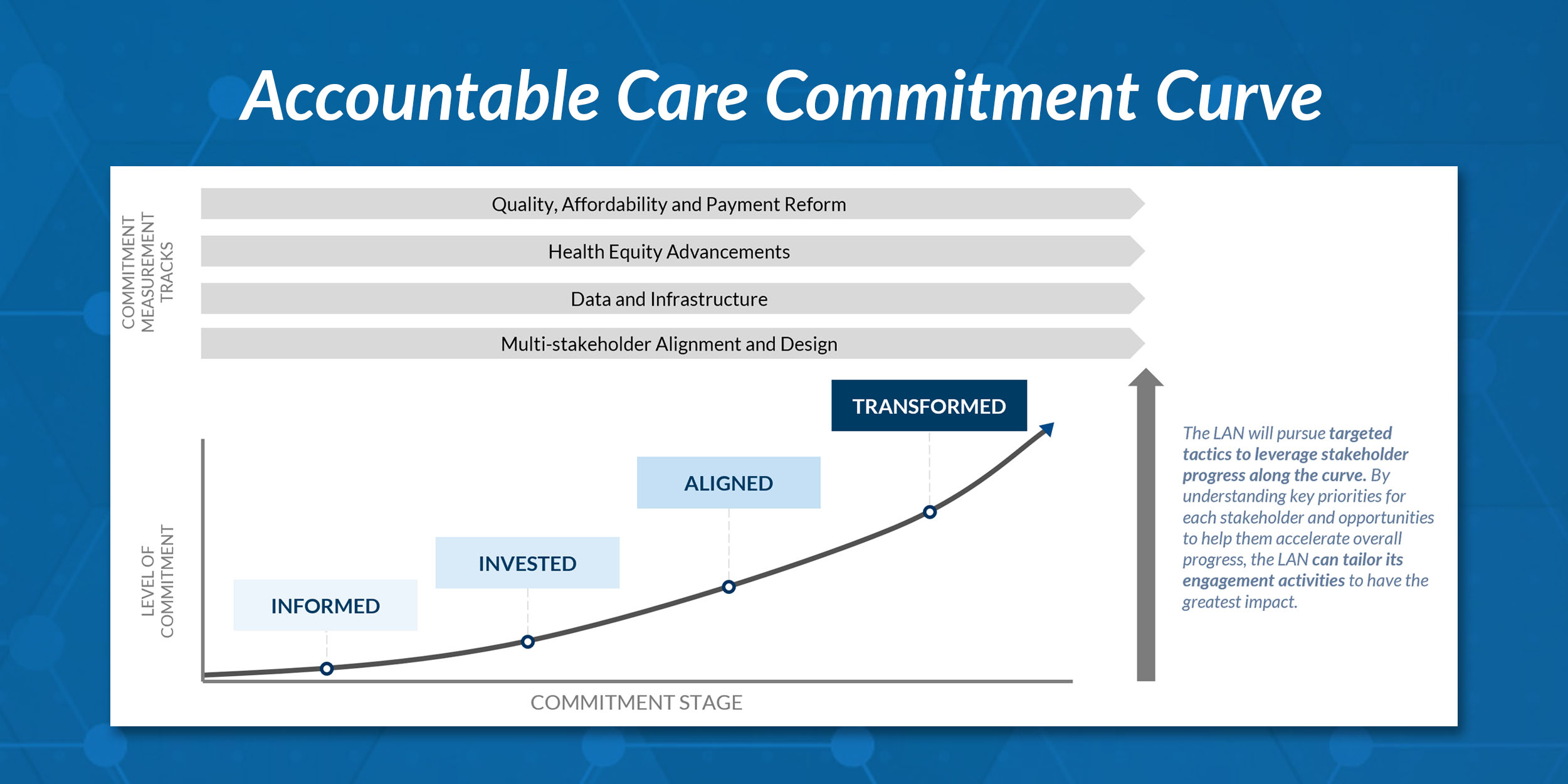
 Dr. Peter Walsh joined the Colorado Department of Health Care Policy and Financing as the Chief Medical Officer on December 1, 2020. Prior to joining HCPF, Dr. Walsh served as a Hospital Field Representative/Surveyor at the Joint Commission, headquartered in Oakbrook Terrace, Illinois.
Dr. Peter Walsh joined the Colorado Department of Health Care Policy and Financing as the Chief Medical Officer on December 1, 2020. Prior to joining HCPF, Dr. Walsh served as a Hospital Field Representative/Surveyor at the Joint Commission, headquartered in Oakbrook Terrace, Illinois.








